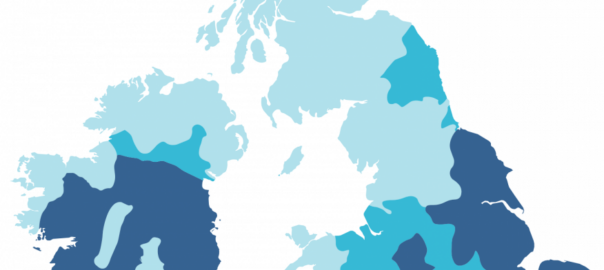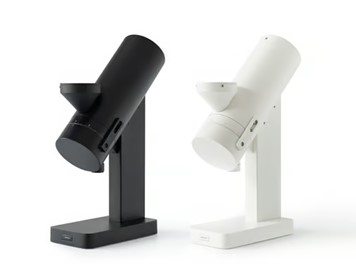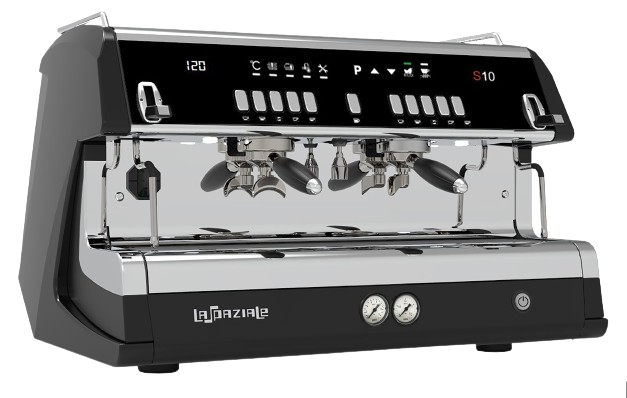It is the most common question we get asked about, what’s the difference between water softners and water filters, here we will try and give some differences and how to select the right one for your coffee shop.
In the world of coffee brewing, the quality of water plays a crucial role in determining the taste, aroma, and overall experience of the final cup. Coffee shop owners understand the importance of using clean and properly treated water to achieve the perfect brew. Two common water treatment solutions often used in coffee shops are water softeners and water filters. While both serve the purpose of improving water quality, they function differently and target distinct aspects of water treatment.
Water Softeners:
Water softeners are designed to address the issue of hard water, which is characterized by high levels of minerals such as calcium and magnesium. Hard water can have a negative impact on the taste of coffee by affecting the extraction process and altering the flavor profile. In a coffee shop setting, where consistency and quality are paramount, using water softeners can help maintain the desired taste and texture of the coffee.
The primary function of a water softener is to remove or reduce the concentration of minerals that cause water hardness. This is typically achieved through a process called ion exchange, where calcium and magnesium ions are exchanged for sodium ions. By softening the water, the coffee extraction process becomes more efficient, resulting in a smoother and more balanced flavor in the cup.
Water Filters:
On the other hand, water filters are designed to remove impurities and contaminants from water, such as chlorine, sediment, and organic compounds. While water softeners focus on mineral content, water filters target a broader range of pollutants that can affect the taste and quality of coffee. In a coffee shop environment, where water quality can vary depending on the source, using water filters can help ensure a consistent and clean water supply for brewing.
Water filters come in various types, including activated carbon filters, reverse osmosis systems, and ceramic filters, each with its specific filtration mechanism. Activated carbon filters, for example, are effective at removing chlorine and improving taste, while reverse osmosis systems can eliminate a wide range of contaminants, providing ultra-pure water for brewing.
Choosing the Right Solution:
When deciding between water softeners and water filters for a coffee shop, it is essential to consider the specific water quality issues and brewing requirements. In some cases, a combination of both water softening and filtration may be necessary to achieve the desired water quality for brewing exceptional coffee.
Ultimately, the choice between water softeners and water filters in a coffee shop depends on factors such as water hardness levels, mineral content, taste preferences, and budget constraints. By understanding the differences between these two water treatment solutions and their respective benefits, coffee shop owners and baristas can make informed decisions to enhance the quality and consistency of their coffee offerings.
In conclusion, water softeners and water filters play distinct roles in improving water quality for coffee brewing in a coffee shop. While water softeners focus on reducing mineral content and addressing hard water issues, water filters target a broader range of impurities to ensure clean and consistent water for brewing. By selecting the right water treatment solution based on specific needs and preferences, coffee shops can elevate the quality of their coffee and provide customers with a memorable coffee experience.
www.coffeeomega.co.uk




